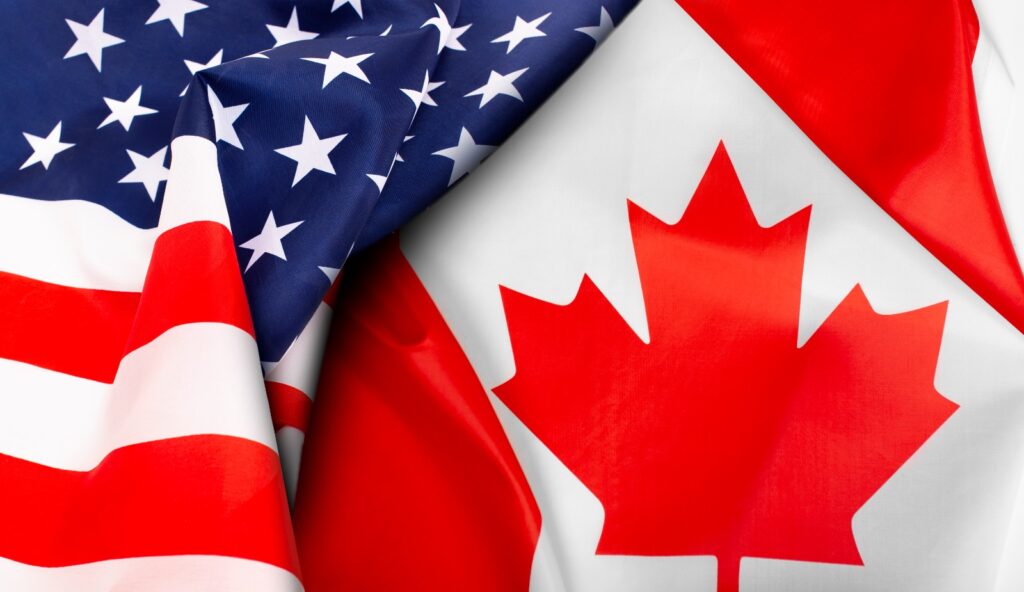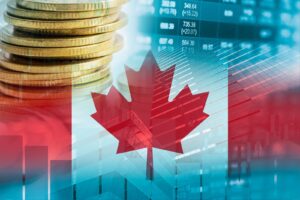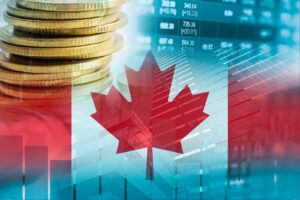Tariff Deadlines: What Canadian Investors Need to Know
As the July 9, 2025 deadline set by U.S. President Donald Trump for global trading partners to strike new deals approaches, the world is bracing for economic impact. The end of a 90-day tariff pause—dubbed part of the administration’s “Liberation Day” initiative—marks a critical moment of volatility and uncertainty for global markets, with ripple effects expected across Canada.
Countries that fail to reach new agreements with Washington may soon face tariffs of up to 50% on a wide range of goods. While this strategy aims to correct trade imbalances and bolster U.S. domestic industries, Canadian investors, exporters, and consumers could feel the consequences almost immediately.

The Background: Tariff Deadline Approaches
Earlier this year, the Trump administration implemented a 90-day grace period during which major trade partners were urged to renegotiate trade terms with the U.S. or face punitive tariffs. This period, ending on July 9, 2025, was framed as a last opportunity for countries like China, Canada, Mexico, and the European Union to secure bilateral deals.
Now, as negotiations remain unresolved or incomplete, markets are experiencing renewed turbulence:
- Global equities have tumbled as uncertainty looms over supply chains, exports, and consumer pricing.
- U.S. letters outlining new tariff terms are reportedly imminent, further unsettling investors.
- The Canadian dollar and TSX have both shown volatility as investors weigh future trade flows and economic performance.
How This Affects Canadian Markets
This trade policy shift doesn’t just affect exporters—it has implications across the Canadian economy:
- Exporters in automotive, aluminum, lumber, and agriculture may face rising costs and restricted access to U.S. markets.
- Consumers may see price hikes on goods that depend on global supply chains or cross-border trade.
- Investors face a volatile market with uncertain earnings prospects and currency shifts.
What Canadian Investors Should Do
In moments like this, updating your financial plan is more than a precaution—it’s a necessity. Here’s how to prepare:
1. Reassess Investment Risk and Sector Exposure
Trade-sensitive sectors like manufacturing, energy, and agriculture are at high risk. Review your portfolio to ensure you’re not overexposed. Consider diversifying across defensive sectors or international markets less affected by U.S. policy.
2. Prepare for Market Volatility
Uncertainty can lead to emotional decision-making. Create a strategy that includes stop-loss measures, cash buffers, or fixed-income instruments that offer stability amid downturns.
3. Account for Inflation and Currency Risk
Tariffs often lead to rising costs on imports. If you’re near retirement or on a fixed income, you may need to adjust your inflation assumptions and spending plans accordingly. Currency fluctuations can also impact international investments and travel budgets.
4. Review Business Cash Flow or Debt Exposure
If you run a business reliant on imports/exports, now is the time to model tariff-related cost increases. Evaluate debt repayment plans in case revenues drop or capital becomes more expensive due to interest rate shifts.
5. Speak With an Advisor—Sooner Rather Than Later
This is a complex environment. Financial advisors can help interpret risks and restructure plans in light of potential tariff scenarios. From rebalancing investments to optimizing tax strategies, professional guidance can make a big difference.
Looking Ahead: Uncertain But Navigable
While President Trump has made it clear he does not intend to extend the July 9 deadline, it’s still possible that partial deals or delays could emerge. Still, Canadian investors can’t afford to wait and hope for the best.
What matters most is that your financial strategy is flexible and responsive to change. Whether the tariffs go into effect or deals are reached, the volatility will likely persist well into the second half of 2025.
Need Help Navigating Market Uncertainty?
At Assentt, we specialize in helping Canadians build resilient financial plans that can withstand global shocks. Whether you’re a retiree, business owner, or first-time investor, we provide personalized planning to help you stay confident in any economic environment.
Contact us today for a strategic review and let’s ensure your financial future is protected—no matter what Washington decides next.
The information provided is for educational/entertainment purposes only. Actual information may vary, please consult our office for further details. Got a question? Feel free to reach us at helpdesk@assentt.com.

















